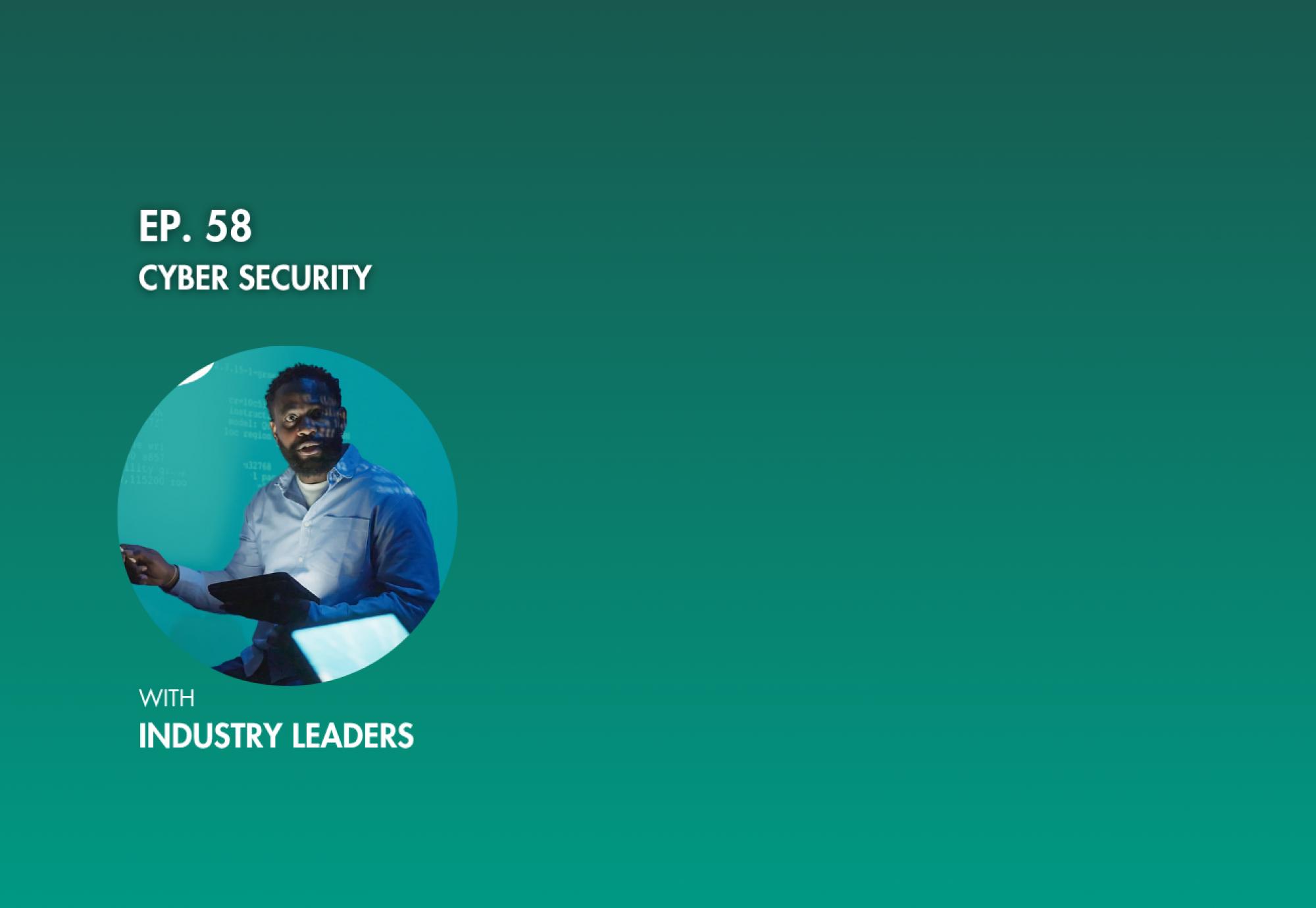In our latest podcast episode, we delve into a topic that is crucial for the future of healthcare: cybersecurity. With the rise of digital services in the NHS, the opportunities are immense, but so are the risks. Our expert panel, consisting of Chris Clinton, Michael Knight, Patrick Maw, and Nasser Arif, discusses the evolving landscape of cyber threats and the essential strategies needed to protect our systems, staff, and patients.
One of the key points raised during the discussion is the importance of building a strong security culture within healthcare organisations. Nasser Arif emphasises that visibility is critical; cyber security professionals should not remain invisible behind the scenes but instead actively engage with their colleagues across departments. By fostering relationships and understanding the unique challenges faced by different teams, cyber professionals can tailor their awareness initiatives to effectively address the specific needs of their organisation.
Michael Knight reflects on the evolution of cybersecurity in healthcare, noting that there has been significant progress in recent years. More information security professionals are now working within organisations, and there is a growing recognition at the board level that cybersecurity is a vital component of patient safety. However, as the threat landscape continues to evolve rapidly, there is an ongoing need for healthcare organisations to adapt and strengthen their cyber strategies.
Chris Clinton highlights the critical role of suppliers in ensuring cybersecurity. Many breaches stem from suppliers who may not adhere to the necessary security standards. It’s essential for NHS trusts to engage with their suppliers from the very beginning of the procurement process, ensuring that security considerations are integrated into the product design phase rather than treated as an afterthought.
The conversation also touches on the challenges posed by medical devices, which must be both functional and secure. Patrick Maw explains that while some suppliers are proactive in maintaining security standards, others lag behind, creating vulnerabilities that could impact patient care. The panel agrees that building strong relationships with suppliers and fostering open communication is vital to mitigating these risks.
Throughout the episode, the experts stress the importance of focusing on the basics of cyber security. Simple measures such as implementing two-factor authentication, keeping systems updated, and educating staff about phishing attacks can significantly reduce the risk of cyber incidents. As Chris points out, 90% of cyber attacks can be prevented by adhering to these fundamental practices.
As we wrap up the episode, there is a sense of optimism about the future of cyber security in the NHS. The shared learning and collaboration among professionals in the field are paving the way for a more secure healthcare environment. By prioritising communication, education, and proactive measures, we can work together to protect our patients and ensure the integrity of our healthcare systems.
Listen to the full episode to gain deeper insights into these critical discussions and learn how we can all contribute to a safer digital healthcare landscape.



















